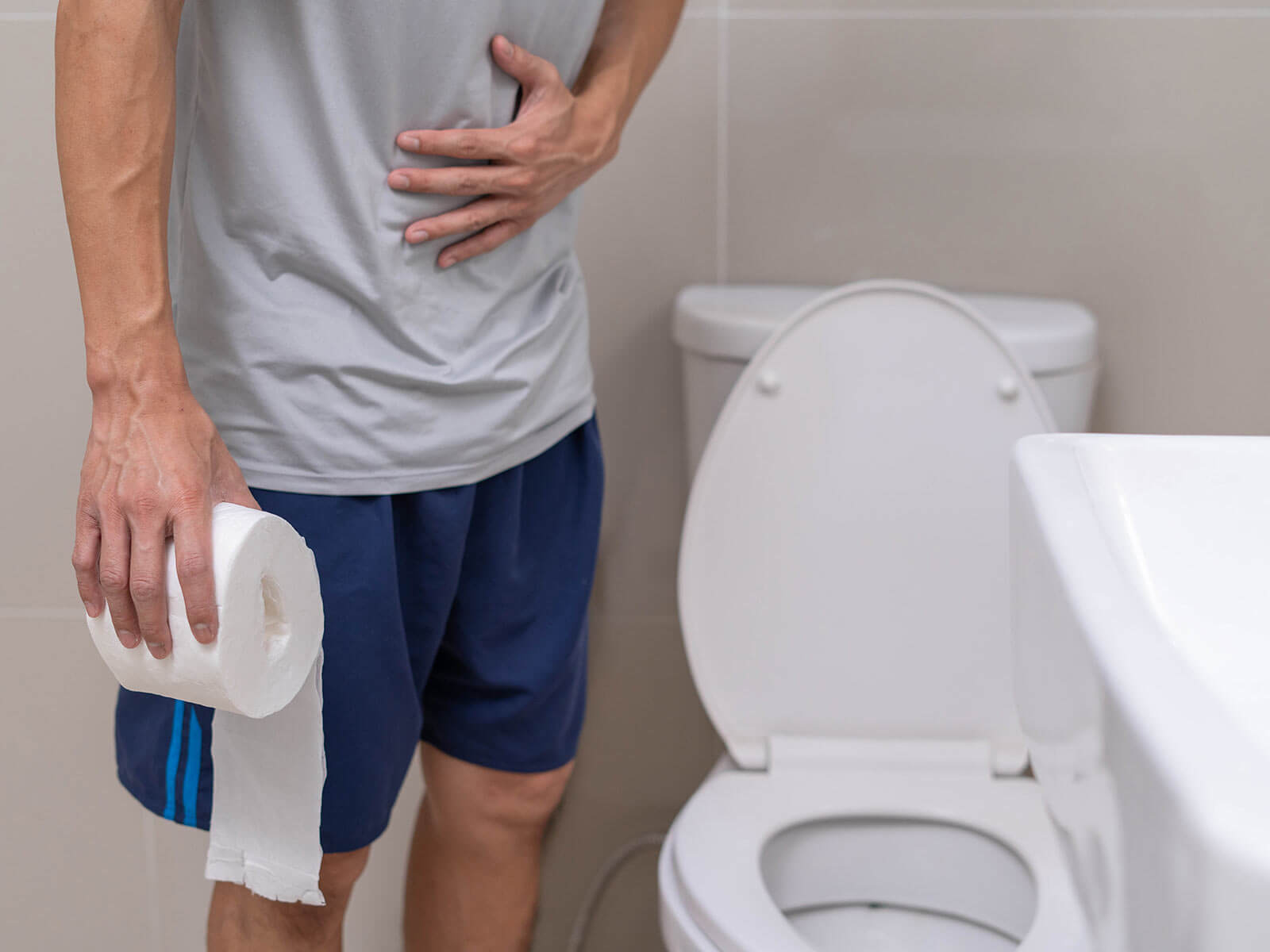
IBS-D is an intestinal condition of the gut characterized by loose or watery diarrhea, abdominal pains and the urgent necessity to use the restroom. It is a consequence of the disruption between the brain and the digestive tract showing abnormal signaling, distorting the bowel habits and pain perception. In the medical codes, it has been listed as ICD-10 code K58.0.
You may experience:
Several factors can contribute to IBS-D:
Being a patient-centered care organization with an overall solution to the digestive health of patients, GastroDoxs offers high-quality diagnostics and treatment of IBS-D and similar disorders. Our humane, personalised service aims to make you have long lasting relief and enhance your life quality. Want to control your gut health? Today make an appointment and begin your own path to enjoying a much healthier digestion.
We've successfully treated more than 2.8k patients, helping individuals improve their digestive health and overall well-being through expert, personalized care.
With over 20 years of experience, GastroDoxs has been a trusted provider of gastroenterology care, focusing on delivering the best outcomes for patients
The code assigned to IBS-D officially is K58.0. Insurance billing makes use of this code which assists in treatment planning.
The diagnosed one is IBS-D which is found with regard to your symptoms like frequent diarrhea and pain in the abdominal body after eliminating some other factors like infections, inflammatory bowel diseases or celiac diseases through tests and examinations.
Antidiarheal medications, such as loperamide, gut bacteries rebalancing drugs, such as rifaximine, as well as, in more serious cases, antidiarrheal agents, including eluxadoline or alosetron, are of use.
Yes. There is a Say no to low FODMAP diet, the elimination of trigger foods (dairy, caffeine, spicy dishes), and the consumption of soluble supplements to alleviate the situation.
Some probiotic strains have the capacity to induce healthy intestinal flora and have the potential to alleviate IBS-D symptoms. The efficacy varies and therefore we make various recommendations to each patient.
Stress and anxiety can exacerbate IBS-D by disrupting gut-brain communication. Stress-relief techniques like relaxation therapy or gut-focused hypnotherapy often improve symptoms.
Gastroenterologists at GastroDoxs in Jersey Village specialize in IBS-D care, offering advanced testing, personalized treatment plans, and ongoing support.
Many patients notice improvement within a few weeks of starting treatment. Full symptom control may take one to two months, depending on individual factors.
IBS-D is typically a chronic condition, but with proper diet, lifestyle changes, and medical management, most individuals achieve long-term relief.
See a doctor if diarrhea persists for more than a few weeks, or if you experience warning signs like blood in your stool, unintentional weight loss, severe pain, or weakness.